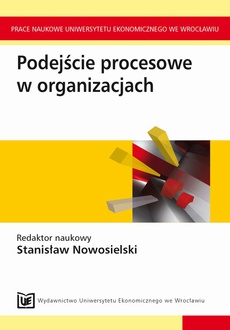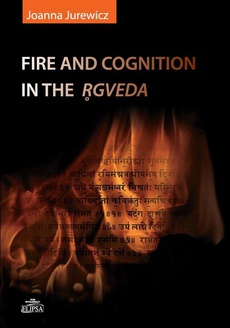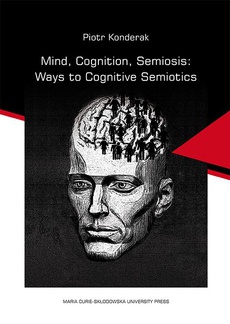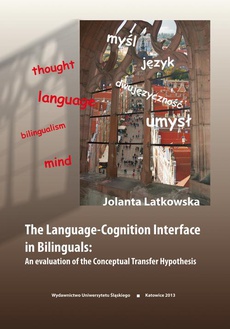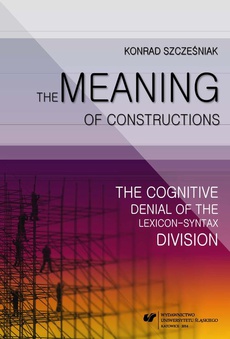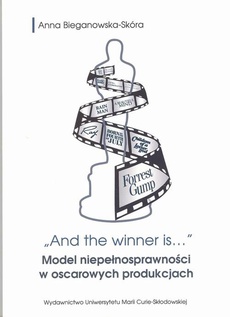POLECAMY
Cognition, Meaning and Action
Lodz-Lund Studies in Cognitive Science
Redakcja:
Wydawca:
Format:
ibuk
The goal of contemporary cognitive science is not primarily to build a thinking machine, but to increase our understanding of cognitive processes. This can be done by various methods, including traditional psychological experiments, observations of authentic cognitive processes in practical action, or by simulating cognition in robots or programs. Unlike the early days of AI when it was believed that one single methodology, that of symbolic representation, could solve all cognitive problems, the current trend is to work with several forms of representations and data. The publication is the result of a collaboration between the Department of Cognitive Science at University of Lodz and the Department of Cognitive Science at Lund University. It is intended to provide a comprehensive presentation of the key research issues undertaken in both Departments, including considerations on meaning, natural language and reasoning, linguistic as well as numerical competence, the theory of decision making, modelling of conceptual representations, cognitive and game theoretic approach to social interactions. The book is addressed to all readers interested in cognitive science, and especially in research combining a logical analysis with psychological, linguistic and neurobiological approaches.
| Rok wydania | 2015 |
|---|---|
| Liczba stron | 196 |
| Kategoria | Publikacje darmowe |
| Wydawca | Wydawnictwo Uniwersytetu Łódzkiego |
| ISBN-13 | 978-83-7969-760-1 |
| Numer wydania | 1 |
| Informacja o sprzedawcy | ePWN sp. z o.o. |
Ciekawe propozycje
Fire and cognition in the Rgveda
do koszyka
The Language-Cognition Interface in...
do koszyka
The Meaning of Constructions
do koszyka
And Still I Cheat the Gallows
do koszyka
And the winner is...Model...
do koszyka
And Vice Versa
do koszyka
And Vice Versa
do koszyka
Spis treści
| The crossroads of cognitive science (Peter Gärdenfors, Piotr Łukowski) | 8 |
| Peter Gärdenfors, Cognitive science: From computers to ant hills as models of human thought | 12 |
| Piotr Łukowski, Two procedures expanding a linguistic competence | 32 |
| Konrad Rudnicki, Neurobiological basis for emergence of notions | 52 |
| Frank Zenker, Similarity as distance: Three models for scientific conceptual knowledge | 64 |
| Aleksander Gemel, Paula Quinon, The Approximate Numbers System and the treatment of vagueness in conceptual spaces | 88 |
| Peter Gärdenfors, Jana Holsanova, Communication, cognition, and technology | 110 |
| Jana Holsanova, Roger Johansson, Kenneth Holmqvist, To tell and to show: The interplay of language and visualizations in communication | 124 |
| Aleksander Gemel, Bartosz Żukowski, Semiotics, signaling games and meaning | 138 |
| Dorota Rybarkiewicz, Out of the box thinking | 154 |
| Annika Wallin, The everyday of decisionmaking | 170 |
| Magdalena Grothe, Bartosz Żukowski, Short and longterm social interactions from the game theoretical perspective: A cognitive approach | 182 |
| Notes about Authors | 194 |











